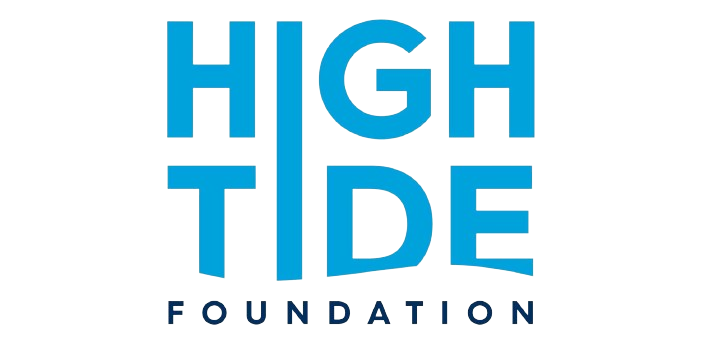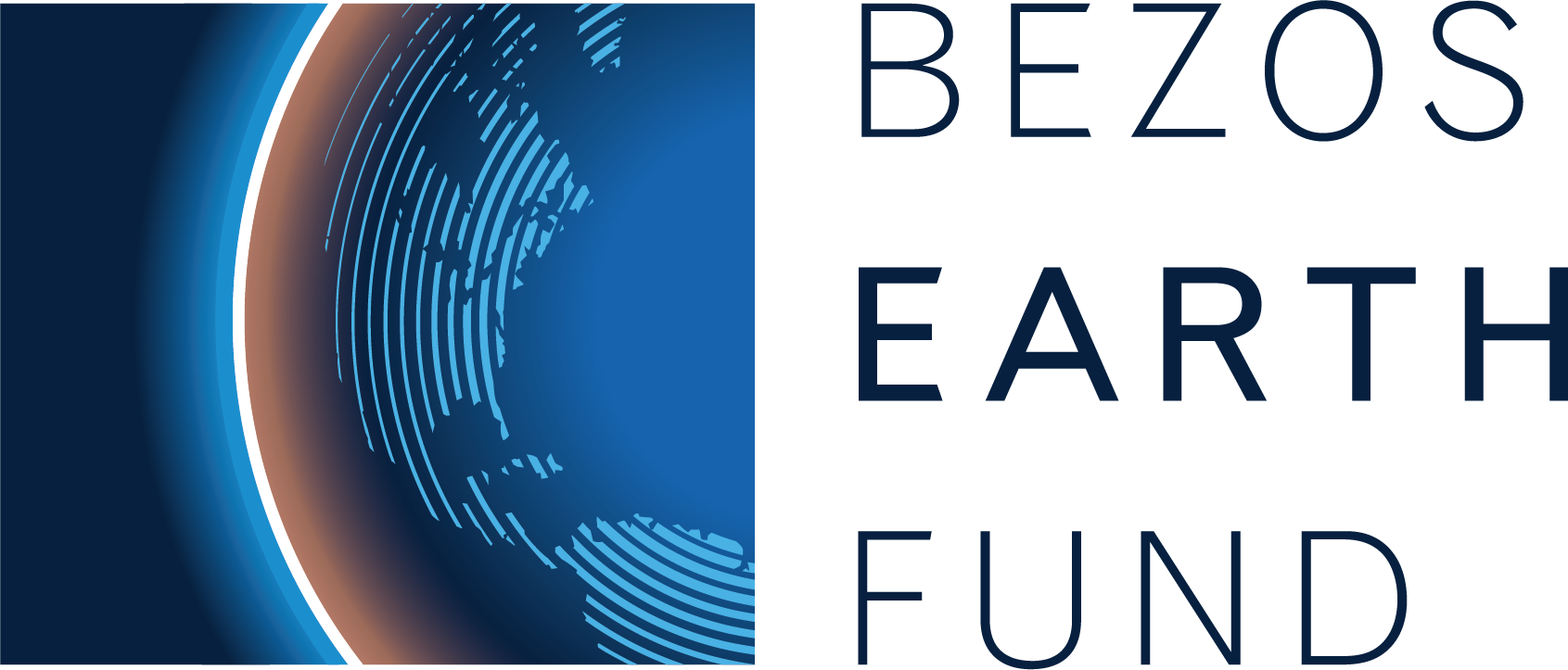Revised timeline for public consultation
Written by ICVCM
Published

The public consultation on the Core Carbon Principles and Assessment Framework will launch in July 2022 and run for 60 days.
The Integrity Council continues to work at pace to set and enforce a definitive global threshold standard for high-quality carbon credits through our Core Carbon Principles (CCPs) and Assessment Framework.
The development of the CCPs and Assessment Framework is being led by our Expert Panel, which is made up of twelve leading carbon market experts with long-standing experience in the environmental and social integrity of carbon markets, supported by eleven subject matter experts in topics ranging from carbon sequestration science, forestry / jurisdictional REDD+ to the rights of Indigenous Peoples and Local Communities (IPLCs).
As part of the development process, we have been engaging in initial discussions with select stakeholders from across the voluntary carbon market ecosystem. This will ensure that the draft CCPs and Assessment Framework published for public consultation will reflect the knowledge and learnings from experts across the value chain, including how the VCM can add value to Indigenous Peoples and Local Communities as well as technical issues affecting the implementation of these threshold standards.
In response to the high levels of engagement and rich feedback we have received during these initial discussions, the Integrity Council has decided to move the public consultation to July. The consultation period will also be extended to 60 days in line with international best practice, to ensure our process is as inclusive as possible. This means our target for publishing the final CCPs and Assessment Framework will move to Q4 2022.
Further details on the consultation documents and how to respond will be published in due course on the Integrity Council’s website (www.icvcm.org) and will also be communicated by newsletter (click here to subscribe) and via our social media channels.
In the following Q&A, Annette Nazareth, Chair of the Integrity Council speaks about the development process and revised timeline for the CCPs and Assessment Framework.
Why has the launch of the public consultation been delayed?
One of the first priorities set out for us by the Taskforce for Scaling Voluntary Carbon Markets was to further develop and finalize the initial outline for the Core Carbon Principles and to build the Assessment Framework that provides comprehensive guidance on how to apply them, and defines which carbon-crediting programs and methodology types are CCP-eligible.
It’s critical that these standards are rooted in high integrity. As we have said before, if we build integrity, scale will follow. Without integrity, the market cannot scale – and that scale is critical if we are going to achieve the goals set out in the Paris Agreement.
So, the first step in building out the CCPs and Assessment Framework was making sure we had a formidable body of carbon market experts on board to lead this process. We’ve assembled an incredible group of people in our Expert Panel and Subject Matter Experts, led by our three Expert Panel Co-Chairs, Pedro Martins Barata, Daniel Ortega-Pacheco, and Lambert Schneider.
And they, in turn, have been working incredibly hard with enormous dedication to ensure the CCPs and Assessment Framework deliver on our objectives at a pace that reflects the urgency of the task. But we can’t compromise integrity for speed.
This is a consensus-based process and it has to reflect the technical realities of the market, or it simply won’t work. With that in mind, we decided it was important to gather additional insight and knowledge from key stakeholders in the value chain to ensure our draft standards deliver the consistently high integrity necessary in a framework that is practical and implementable.
We recognize that people and organizations are dedicating a lot of time and effort to help us develop these standards and it’s important that we provide them with enough time to analyze the documents and respond fully.
That’s why we are moving the public consultation to July, and why we are also extending the consultation period.
What have the initial stakeholder discussions involved?
The initial discussions were led by the team at the BSI and brought members of our Expert Panel together with a select group of specialist and technical experts to discuss key areas of the CCPs and Assessment Framework. We then invited participants to submit written comments, which will inform the development of the proposed CCPs and AF that will be issued for public consultation.
How did you select participants in the initial stakeholder discussions?
The main objective is to ensure the draft CCPs and Assessment Framework development process is informed and guided by a truly diverse and complementary range of experiences and knowledge so we can understand the key issues and challenges across the ecosystem.
Of course, the initial draft of the CCPs was already established by the TSVCM, which brought together more than 430 experts from over 250 organizations. Their recommendations were also subject to a broad public consultation in 2021. Our task has been to build on this strong, consensus-based foundation.
With that in mind, we have been engaging with a select group of experts with specialist and/or technical knowledge designed to complement the expertise of the Expert Panel and Subject Matter Experts. This group is representative of key stakeholder groups involved in early-stage uptake of the CCPs and Assessment Framework and those directly impacted by them. This included carbon-crediting programs, verifiers and assurers, market participants, project developers, trade associations and end users as well as interested stakeholders from other key groups including NGOs, science & academia, Indigenous Peoples and Local Communities, and climate transition initiatives.
The list of stakeholders was agreed through a consultative approach by the bodies in the Executive Secretariat, the Expert Panel Co-Chairs and certain Board members.
Will you attribute greater weight to those initial discussions than the feedback you get during the public consultation?
No. These initial discussions will in no way override feedback given to us during the public consultation – we encourage wide participation from all corners of the market and welcome all points of view. Diversity of expertise, knowledge and opinions is critical to ensure the integrity of the standards.
What happens next?
Watch this space… We will publish further details on how to get involved in the public consultation on our website in due course and we will also share this information in our newsletters and on our social media channels.
In the meantime, we are all working as hard as we can to make sure this process is a success.
Read more from the Integrity Council

Statement: ICVCM welcomes SBTi’s decision to extend the use of environmental attribute certificates

Why transparency is key to the Integrity Council’s work






